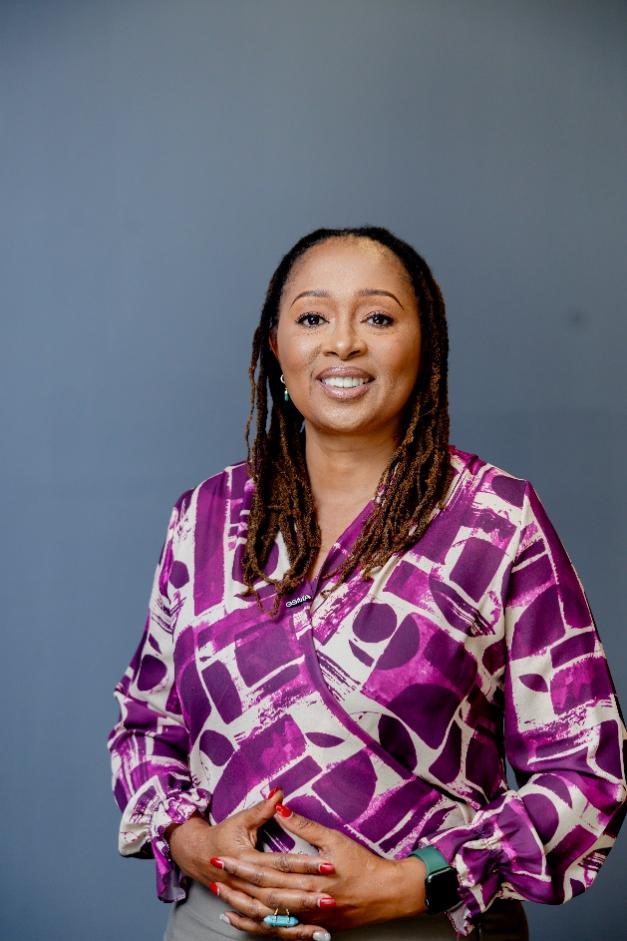By Juliet ETEFE ([email protected] )
The GSMA, a global mobile industry association, is calling for strengthened and coordinated action to address rising child online threats in Sub-Saharan Africa, as Internet access among the region’s young population continues to grow rapidly.
In a newly released whitepaper titled Enhancing Child Online Protection in Sub-Saharan Africa, the association underscores the urgent need for a harmonised regional approach that prioritises children’s safety as digital access expands across the continent.
The whitepaper stressed that while digital connectivity offers countless benefits, it also exposes children to increasing risks such as cyberbullying, exposure to harmful content and online exploitation.
This call to action follows a high-level Ministerial Roundtable on Child Online Protection (COP) convened by the GSMA and MTN Group during the 2025 Mobile World Congress (MWC), bringing together policy-makers, private sector leaders, civil society actors and young people to confront the growing risks.
Rising connectivity and risks
Around 18 percent of children aged 5 to 17 in the region access the Internet via mobile devices — a figure expected to rise significantly. While this digital shift offers tremendous opportunities for learning and development, it also increases children’s exposure to online harms.
A striking data point from the report is drawn from IPSOS research commissioned by MTN Group in 2024, which found that 1 in 10 Internet-using children in six African countries had experienced some form of online sexual abuse or exploitation within the past year.
Additional findings from Nigeria, South Sudan and Zambia revealed that 30 to 40 percent of children had engaged knowingly with strangers online, and many reported instances of harassment and bullying via platforms such as WhatsApp, Facebook and TikTok.
It also found that more than half of children surveyed in Nigeria reported experiencing online harassment, while children in South Sudan were found to suffer heightened stress due to unrestricted access to inappropriate content.
In Zambia, both parents and teachers acknowledged a lack of knowledge and resources to support children’s online safety.
A separate 2023 report by INTERPOL, UNICEF Innocenti and ECPAT found that 1 in 10 Internet-using children in six SSA countries had encountered some form of digital sexual abuse within just one year.
Recommendations
Despite the gravity of these findings, existing policy, regulatory and technical frameworks to combat child online harms remain fragmented and underdeveloped.
As such, the roundtable discussions and the whitepaper emphasised the importance of building a harmonised regional response, one grounded in evidence and inclusive of young people’s voices.
It also stressed that protecting children online cannot be achieved in isolation; hence, advocating for strong multi-stakeholder collaboration involving governments, technology companies, telecom operators, educators, law enforcement agencies and civil society.
“Protecting children online is a responsibility shared across governments, industry, civil society and families. By working together, we can ensure the digital environment becomes a place of opportunity—not risk—for Africa’s children. This whitepaper is an important step in supporting stakeholders across the region as they advance this urgent agenda,” Head of Sub-Saharan Africa at the GSMA, Angela Wamola, noted.
The paper also stressed the need for stronger legal and regulatory frameworks—including child-centric approaches and localised legislation—that can respond to emerging digital technologies such as artificial intelligence.
Education and awareness, including the integration of digital literacy into school curricula, were highlighted as critical tools for prevention, as many children and parents lack basic knowledge of online risks.
Nompilo Morafo, MTN Group Chief Sustainability and Corporate Affairs Officer, underlined the need to involve young people in spreading awareness, stating: “The risks are real, and the unsafe behaviours are often conscious. This is why peer influence, youth ambassador programmes and awareness campaigns must be scaled across the continent”.
The whitepaper outlines key recommendations, including: ensuring child- and youth-centred approaches in policy and programme development; strengthening national frameworks in line with the African Union Child Online Safety and Empowerment Strategy; expanding digital literacy and awareness initiatives for children, parents and educators; and building stronger public-private partnerships to scale resources, tools and services across the region.
Nankali Maksud, Regional Advisor for Child Protection at UNICEF Eastern and Southern Africa, added: “Children and young people under 18 make up half of Africa’s population. Protecting their safety online is not only about safeguarding rights, but about investing in Africa’s human capital and future leadership.”
For her part, Senior Director of Public Policy at GSMA Sub-Saharan Africa, Caroline Mbugua, stressed: “It is important to have strong national frameworks… ensuring that they are not just developed, but implemented, is where the challenge lies”.
Efforts
While encouraging pragmatic actions, the GSMA’s whitepaper identifies growing regional and national efforts. In 2024, the African Union adopted a Child Online Safety and Empowerment Strategy to guide governments in strengthening protections.
Mobile operators are also stepping up. MTN’s ‘Help Children be Children’ initiative focuses on awareness and prevention. Safaricom’s ‘Spot it, Stop it’ campaign, and Airtel Africa’s partnership with UNICEF to improve digital learning and safety are notable. Meanwhile, Orange has trained thousands of children in Mali on safe online behaviour under its ‘For Good Connections’ initiative.










